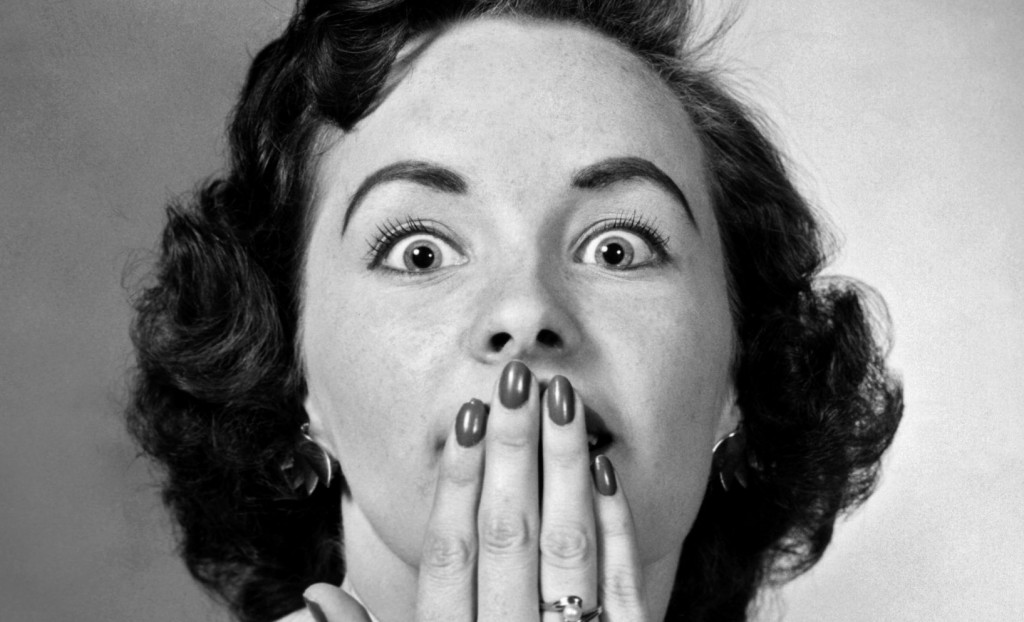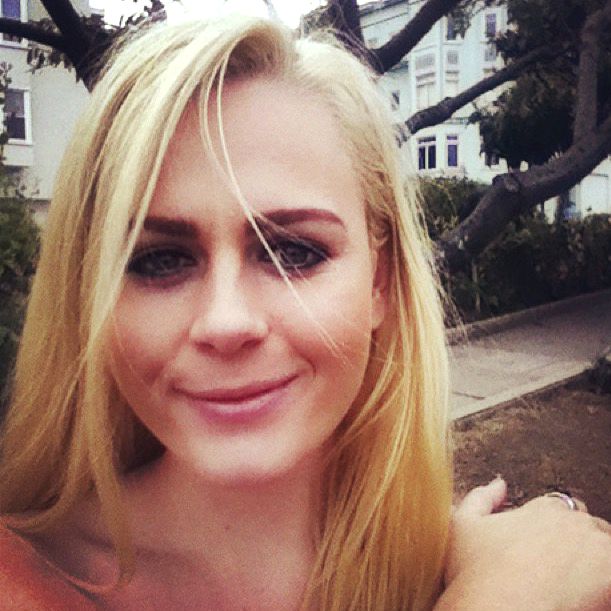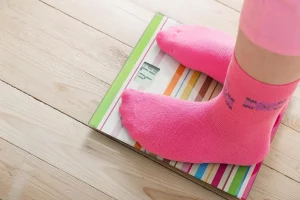I REMEMBER when I first learned that there were such things as “bad words.”
I was maybe 4 or 5 years old, and I was watching a movie with my mom and older sister. One of the main characters said something along the lines of: “That was a bitchy thing to do.” I was in that annoying toddler phase where I asked a million questions about everything, wanting to learn as much and as fast as possible. I remember I had been driving my older sister crazy with my constant stream of questions; she has never been one to tolerate stupid questions, regardless of my age at the time. But wanting to know the meaning of a new word was perfectly reasonable. So I asked, “What’s ‘bitchy’ mean?” 4-or-5-year-old me expected a calm, albeit slightly-irritated, explanation from my mom or sister. Instead, my sister let out a huge gasp and started looking between my mom and me expectantly. My mom simply paused the movie and said, “Honey, I don’t want you to use that word anymore because it’s a bad word; it’s an insult towards women and it should not be tolerated.” That explanation stuck with me, and of all the “bad words” I would come to hear in the future, I stayed away from that one in particular like it was the plague. Most other kids did, too; remember when saying a bad word was the epitome of evil at that age?
Now it would be an anomaly to go a few hours without hearing someone say “Sup, bitch,” or “What a bitch,”or even “Bitch, you guessed it.” It makes me wonder: how did something that was taught to be unacceptable and intolerable turn into an every-day practice? How has a word that is inherently debasing towards women become almost interchangeable with the word “woman” itself? It’s not just the word “bitch” either; “c*nt,” an even more demeaning and degrading term against women, is used amongst people in my generation — the Millennial one — like it’s common slang. Case in point: the other day, when I was at a pool party in Hollywood, I was lounging on some pool floaties with my friend and a couple of other people we knew. A guy and a girl — clearly old friends — were bickering back and forth; when she playfully splashed him with some pool water, he laughed and said “You little c*nt,” after which they proceeded to have a splash war.
I looked over at my friend, and her eyes were just as wide as mine. No one else around us reacted; it was if he had said “you little butt-head” or something equally juvenile instead. After the shock had passed, which felt like it took 5 minutes but was probably only a few seconds, I approached the guy and said, “Hey, you can’t use that word man, it’s not cool.” He replied: “Oh, don’t worry — I didn’t mean it in a bad way, she knows I’m only kidding.” I’m still not exactly sure how the word c*nt can ever be meant in a good way, but that’s beside the point. I tried to get my point across: “It doesn’t matter dude, you still shouldn’t use that word. It’s extremely offensive and not okay.” To which he replied — as he patronizingly put his arm around me and squeezed my shoulder — “Relax, it’s just a word. You shouldn’t take it so seriously.” His friend — the butt of his joke — backed him up by saying: “Yeah, hun, it’s really not bad. I say c*nt all the time.”
I still can’t decide what I find more irritating: the condescending manner in which they reacted to my disgust, as if I was just a kid who didn’t yet understand grown-up things, or their casual and desensitized use of such an abhorrent word. Because as much as they might like to convince me — or themselves — otherwise, c*nt is not just a word. Language is used to communicate thoughts and ideas, and the idea that c*nt communicates is that a woman is nothing more than her genitalia. The words “bitch” and “cunt” are derogatory, no question about it, and their usage can’t be divested from the long history of violence, misogyny, and gender inequality that has plagued his. Informal language and slang are typically indicators of contemporary accepted social norms or cultural trends; the fact that these words are used so casually in everyday language means that the idea that women are lesser-than, and that it’s alright to demean and degrade them verbally — or use words that refer to them in a derogatory manner — is still being circulated. The more and more these words are used, the stronger that concept is enforced into culture and societal norms, even if that is not the intended goal.
And this isn’t just an issue of women being degraded by men; women use these words, too — oftentimes against other women. And while some may say that meaning is based on intentionality and that women can “take” the word back and make it empowering instead of degrading, it doesn’t erase the fact that we’d still be working within the same framework, when what we should be doing is creating a new one. So, to all the other Millennials reading this: we’ve made great strides in working toward equality on a number of different levels, and we’ve proven that we have power and can effect change when make an effort. Are we going to be part of the generation that works for equality but consistently sabotages itself by degrading women with the language it uses? I’m not saying that if we stop using these words, gender equality will magically be reached. But it may just be a step in the right direction.

















